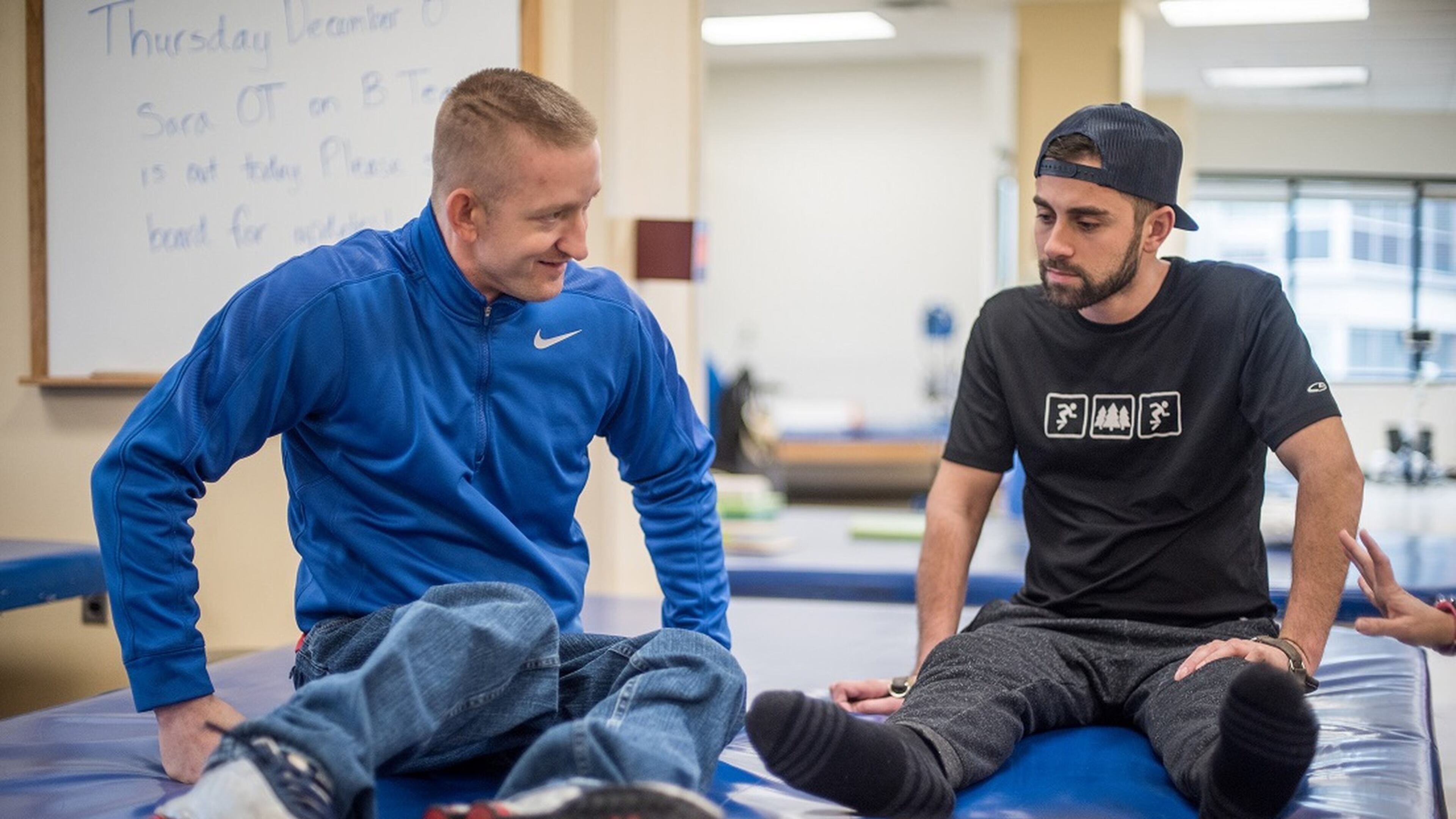Sunday Conversation with Talbot Kennedy

Talbot Kennedy was about to head off to college on a cheerleading scholarship when he broke his neck doing a trick on a trampoline. Although Kennedy’s life forever changed that day, it did not end, not by a long shot. Today, the 31-year-old Dunwoody resident is a student at Georgia State, has a business that makes products to help other folks with disabilities, and stars on Smash, the wheelchair quadriplegic rugby team at Shepherd Center, which treats people with spinal cord and brain injuries. In January, Kennedy will try out for a spot on the U.S. wheelchair rugby team. In all his spare time, Kennedy works at Shepherd with other patients and their families. “Looking back is tough but I am happy to be where I am now,” Kennedy says. “What I have been through is part of what makes me me.”
Q: How did you get injured?
A: I got hurt on the last day of high school in Memphis where I'm from. I had a scholarship to the University of Kentucky, which is to cheerleading what Alabama is to football. I was doing a new trick and came out of my flip too soon, landed on my head and broke the C5 and C6 vertebrae in my neck. I can move some fingers on my left hand and can move some toes.
Q: How did you end up in Atlanta?
A: After I got hurt, I came to Shepherd for surgeries and rehab and then moved back to Memphis. That was tough because my friends had gone to college and were living their lives. Let's just say I didn't make a lot of good decisions. In 2006, I decided to pick up and come back to Shepherd. I started an intense activity-based therapy program and practicing with the wheelchair rugby team. I had been active in sports all my life and it was good to get out there and compete. But your team is almost like a family and it is that aspect of sports that I really love. I also compete in wheelchair racing and bass tournaments. I live on my own and can drive and am totally independent.
Q: How did the injury affect your parents?
A: Being in a wheelchair wasn't the hardest part of the injury. The hardest part was losing the life and all the hopes and dreams that I had been working toward. My parents lost that, too. I am sure it makes them really happy to see where I am now.
Q: Aren’t they involved in your company?
A: My parents and I come up with the products — like fishing equipment and weightlifting grasping cuffs — and my mom makes them. All of the products are to help people like me be more independent.
Q: You are studying psychology. Do you want to be a psychologist?
A: Actually, I really want to open my own cheerleading gym some day. If that doesn't work out, I will have a degree to fall back on.
Q: If you could, you would get back on a trampoline?
A: You can get hurt driving to work and that happens more times than a trampoline accident. If I were going to get on a trampoline again, I might make sure I was more prepared for the trick I was doing or that I had some more people spotting me. But yes, I would do it again. Anybody can get hurt at any time doing anything.
Q: What do you do at Shepherd?
A: I work part-time with newly injured patients. I share my experience and tell them that not only can they be OK but they can live a happy and successful life and thrive.
Q: Where are you at this point in your life?
A: I am just a normal person trying to get through life just like anybody else. I have to take care of myself just like anybody else. I have the same worries and stresses as anybody else. And that is a good thing.

